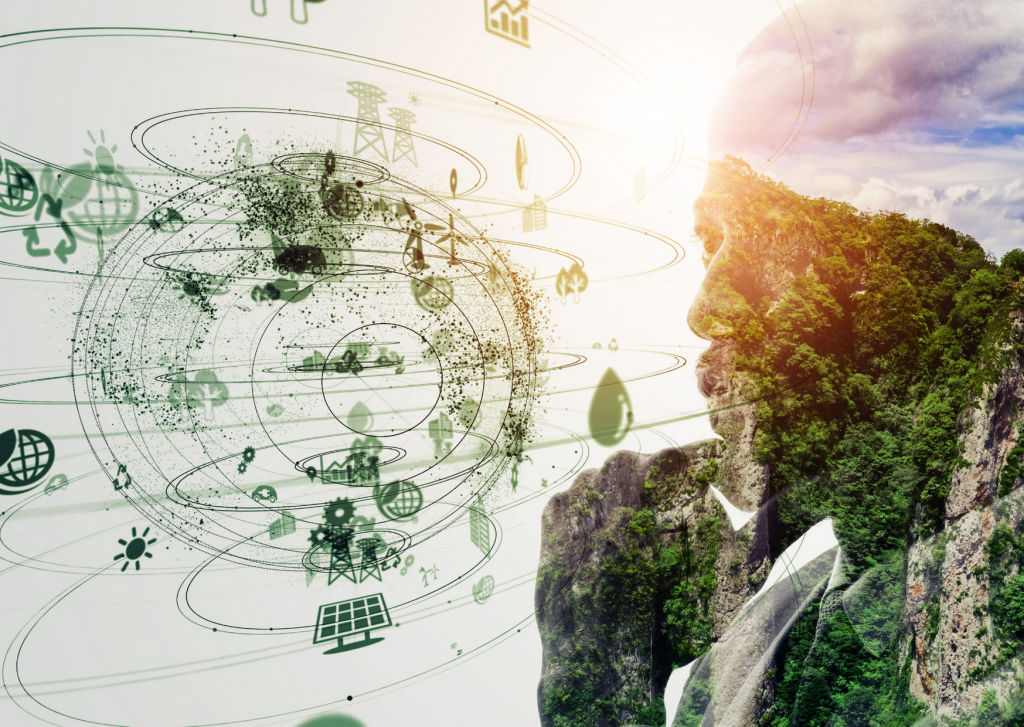The UNESCO World Conference on Education for Sustainable Development is an opportunity to create a culture of sustainable living. But it will only be successful if we find better ways to support and strengthen adult learning and education for sustainable development, argues Christiana Nikolitsa-Winter

The UNESCO World Conference on Education for Sustainable Development takes place from 17 to 19 May 2021. While education at all levels has experienced unprecedented interruption due to the COVID-19 pandemic, the impact on adult learning and education (ALE) has been little considered, certainly when compared to schools and universities. While the pandemic has highlighted the importance of ALE in coping with and emerging from the crisis, it has also deprived adults around the world of access to education, and presented providers with difficult challenges in maintaining their learning offers, with a particularly, and by now depressingly familiar, negative impact on the poorest and least-advantaged. It is important that we reflect on this and consider, in particular, the key role of ALE in sustainable development and how we can foster it. I would like to reflect briefly on the role of ALE in education for sustainable development (ESD) and in building bridges to a future that is safe, fair, inclusive and sustainable.
Sustainable development begins with education. Agenda 21, adopted at the United Nations Conference on Environment and Development in 1992 in Rio de Janeiro, recognized the critical role that education plays in the transition to sustainable development. Education is an essential tool in making individuals aware of the issue of sustainability and providing them with related skills, while encouraging them to take actions and find solutions to the local and global challenges we face. In addition, education for sustainable development and citizenship education are strongly linked. Yet, although the question of sustainability has risen to the top of policy agendas worldwide, policy action is limited, particularly in adult learning and education.
Adults are not explicitly mentioned in the 2030 Agenda for Sustainable Development. Nonetheless, Sustainable Development Goal (SDG) 4 includes adults as one of the target groups of actions in education by speaking about lifelong learning and ‘all learners’.
ALE supports individuals to gain skills and attitudes needed to care for themselves, for each other, and for society, the environment and the planet. It empowers learners to engage actively in all three dimensions of sustainability: social, economic, environmental. It encourages us to reflect and find ‘solutions’ which lead to changes of attitudes and behaviours on issues such as justice, exclusion, peace, poverty, gender, equity, demographic changes, unemployment, environmental protection and climate change.
ALE plays a role in achieving not only SDG 4 – and especially SDG 4.3 to 4.7 – but almost all SDGs, by promoting learning to live together, a major pillar of education for sustainable development as well as a major challenge. Moreover, ALE aims to develop responsible and caring citizens. SDG 4.7 on the acquisition of knowledge and skills for sustainable development brings together ESD and global citizenship education (GCED), as both have the same focus: to create just peaceful and sustainable societies. Therefore, citizenship education in ALE is a pillar of ESD.
Adult education includes formal and non-formal programmes that drive towards responsible citizenship and environmental sustainability. It enables the development of competences, to take better, more responsible actions to foster healthy ecosystems. It promotes more environment-friendly lifestyles and encourages communities to manage local and global environments in sustainable ways. It provides scientific evidence to raise awareness of the fact that we cannot achieve the Sustainable Development Goals without addressing the threats we face on our planet
The major challenges our societies are facing in the twenty-first century and for achieving the 2030 Sustainable Development Agenda can only be effectively addressed with adults’ learning, caring and engaging, and with robust partnerships across the 2030 Agenda. Yet, poor access to adult learning and education remains one of the great social injustices of our time and there are significant skills gaps that urgently need to be addressed. Member States need to act rapidly and make citizens understand sustainable development issues and take responsible actions.
The UNESCO World Conference on Education for Sustainable Development will strongly engage Member States to put in place regulatory frameworks to develop opportunities for living and acting in a culture of sustainability. But if we want to succeed, ALE must play a key role in these frameworks.
Christiana Nikolitsa-Winter is a Programme Specialist at UIL and part of the GRALE editorial team
